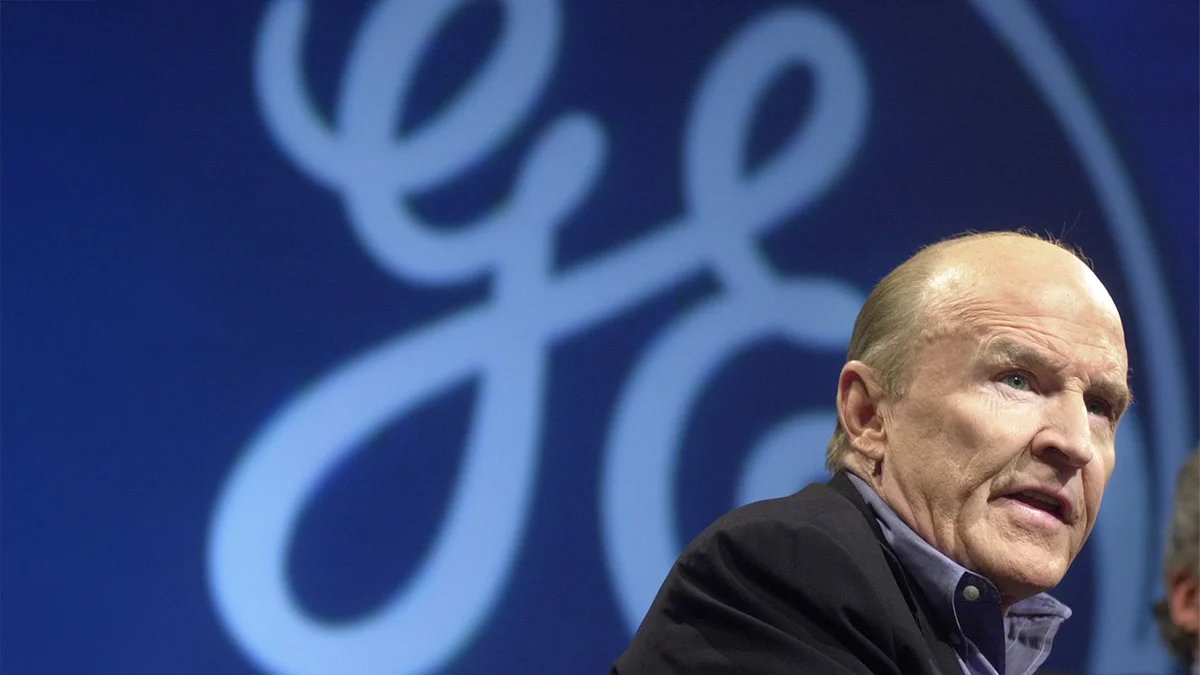
Building your team is one of the most important things founders will do as they establish and grow their business.
“When you see an exceptional talent, you need to make space for them,” says Hendrik du Toit, founding chief executive of the City asset managers Ninety One, “because if you don’t, they move on.”
That’s easier said than done in a smaller business, but the principle is solid. Being strategic and hiring the best you can, as early as you can, will help you scale faster than dragging in a couple of chums from school because you like and trust each other and it seemed like a fun idea at the time. Those arrangements seldom stand the test of time.
Adam Saunders, chief executive of search consultancy Amrop UK, agrees, particularly in fields where skills are especially scarce: “There are certainly areas such as tech especially in AI or quantum computing where his view resonates due to a severe shortage of candidates.
“However, at C-suite level [where Amrop focuses] organisations exist in highly complex relationships. Teams, divisions, regions and products are constantly balancing strategy and human experience. We have a very strong view that talent at leadership level is relevant to the skill, experience, competency, personality and behaviour of the individual and the people they report to and manage. Firms which invest in understanding this interplay between quantitative and qualitative appeal get results.”
Du Toit argues that all companies need star performers who can drive sustained growth over extended periods of time. “Most businesses fail because they are not engaging with the talent that can make a real difference,” says du Toit, who has learnt that it becomes harder, rather than easier, to hire the right people as a business grows. “Ordinary recruiting cannot have the same impact as constantly being on the lookout for talent.”
Not that it’s a foolproof strategy. Du Toit recalls rejecting an application from a promising young graduate who is now one of the group’s star portfolio managers. “We still argue about this,” he confesses. He chose not to employ the aspirant tennis pro fresh out of university as he felt she was not properly dressed for a job interview and it indicated to him that she might not be an appropriate fit.
However, his colleague Ciaran Whelan, now a senior executive at Investec, managed to look past her attire and saw the value she might bring to the business. “He gave her another job, and a couple of weeks later approached me and told me that she should be working for me as an analyst.” She has been with the business for three decades.
Why effective hiring is key to culture
Hiring effectively was key to the culture of both Investec and Ninety One. The businesses have always subscribed to the philosophy attributed either to legendary former General Electric boss Jack Welch or 1980 US Olympic Team coach Herb Brooks: “The people with the best people win.”
It should be the mantra of any company, big or small. The right people doing the right things at the right time as part of a team are always likely to deliver a better outcome than a firm where hiring is done to fill positions rather than drive growth.
However, Welch didn’t live his own mantra. He famously orchestrated a three-way internal contest within his senior executive team over nearly a two-year period to replace him. Each knew the others were in with a shot at the top job and had to agree that the two who lost would leave.
Jeff Immelt was chosen as chief executive in 2001, and GE lost Robert Nardelli and James McNerney, two of its most talented executives. Nardelli became CEO of Home Depot, where he cut costs at the expense of customer experience, and then moved to Chrysler which declared bankruptcy during his tenure.

McNerney was more successful and took over as CEO of 3M and then Boeing. During his four-year tenure at 3M there was an increase in innovation in profitability. While at Boeing, he was given credit for the successful launch of the 787 Dreamliner, but it ran behind schedule, costs overran and his handling of unions was strongly criticised. Boeing’s share price rose by 150 per cent during his 10 years at the top, but critics point to the focus on cost-cutting creating a culture that contributed to current failings with the 737 Max airliner.
Not that Immelt’s tenure was bathed in glory either. He kept the job for 16 years, through both 9/11 and the 2008 financial crisis as he frantically diversified the giant company’s offerings in healthcare, aviation and renewable energy. The firm lost 30 per cent of its value during his time as CEO. Might he have performed better with Nardelli and McNerney by his side? We’ll never know. The noughties were a tough time for senior managers and perhaps GE would have been better off having all three inside rather than forcing a leadership split.
The risk of hasty, short-term appointments
Debbie Goodman, chief executive of executive search specialists Jack Hammer Global, points to the risk of making hasty appointments to solve short-term problems: “Every single hire should be seen as your most critical and important one, regardless of the size and stage of business. However, the first few employees will need to multi-hat with wholehearted enthusiasm to kickstart a new business from early to growth stage, and so attitude, energy and willingness to dig deep and wide are critical qualities, over and above skills and capability.”
One of the common issues founders discover as they scale is that they are removed from much of the day-to-day workings of the business. At its core, culture is essentially the rituals and behaviours of a group of people working together in a team or company. When it works well it is the constructive version of “the way we do things around here”.
It can be preserved by gaining clarity – and codifying – the systems, processes and ethics of best business practice at the outset. Cultures are preserved, remain authentic and can even grow when the values and behaviours are emulated and role-modelled by the leaders of the organisation, and when every person is clear about “what’s in and what’s out”.
“When teams work effectively and collaborate well, the impact on productivity and engagement is immeasurable,” says Goodman. “The opposite is also true – a group of brilliant jerks who don’t work well together can mean that projects are delayed, deadlines are missed and the overall engagement and energy of a team are undermined – to the detriment of the organisation and the bottom line.”
The negative impact of an employee who is a stellar performer but who does not align with company culture will ultimately outweigh their achievements. Anyone who is misaligned with values and culture, and engages in toxic or destructive behaviour, should be ushered to the exit door. Sooner rather than later, if they don’t respond to remedial action.
How to avoid losing top talent
Maria Hvorostovsky, founder and chief executive of HVO Search in King’s Cross, London, says the UK jobs market is delivering mixed signals at the moment. There are indications that redundancies are rising in a constrained economic environment, not made easier by the additional costs levied on business in the Budget in October.
“Companies are delaying filling roles and candidates are having to be more open to lower salaries, unlike 2022,” she says. That bodes well for employers, as labour is the biggest single cost for any organisation.
Could things change any time soon? “Compared to Europe, the UK’s labour market is tighter, partly due to Brexit impacts. Germany and the Netherlands are seeing growth in tech and digital marketing roles, while UK consulting and advisory hiring slows with cuts in public spending. So, from a candidate’s perspective, many talented people are eager to move but are finding fewer roles that genuinely fit their skills and aspirations,” Hvorostovsky says.
That means that many people might be staying in jobs to which they are no longer suited, which raises risks for employers. “Frustration is growing, with many feeling overworked and underappreciated. Once global and economic stability returns — possibly now that we know the result of the US election — a wave of movement seems likely, a mini ‘great resignation’,” she says.
Companies that want to avoid losing top talent need to invest in their best people now, she warns.
Related and recommended
The hotel executive believes the hospitality industry needs to be proactive in hiring to reflect society
The legendary ad exec believes leaders should collaborate with the technology, rather than use it as a tool
Entering new markets drives growth but can trip up the unwary. Here’s everything you need to know before you start
Richard Harpin, the founder of HomeServe and Growth Partner and owner of Business Leader, answers your burning business questions
